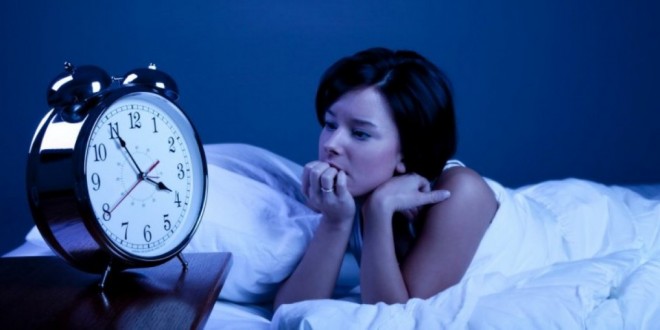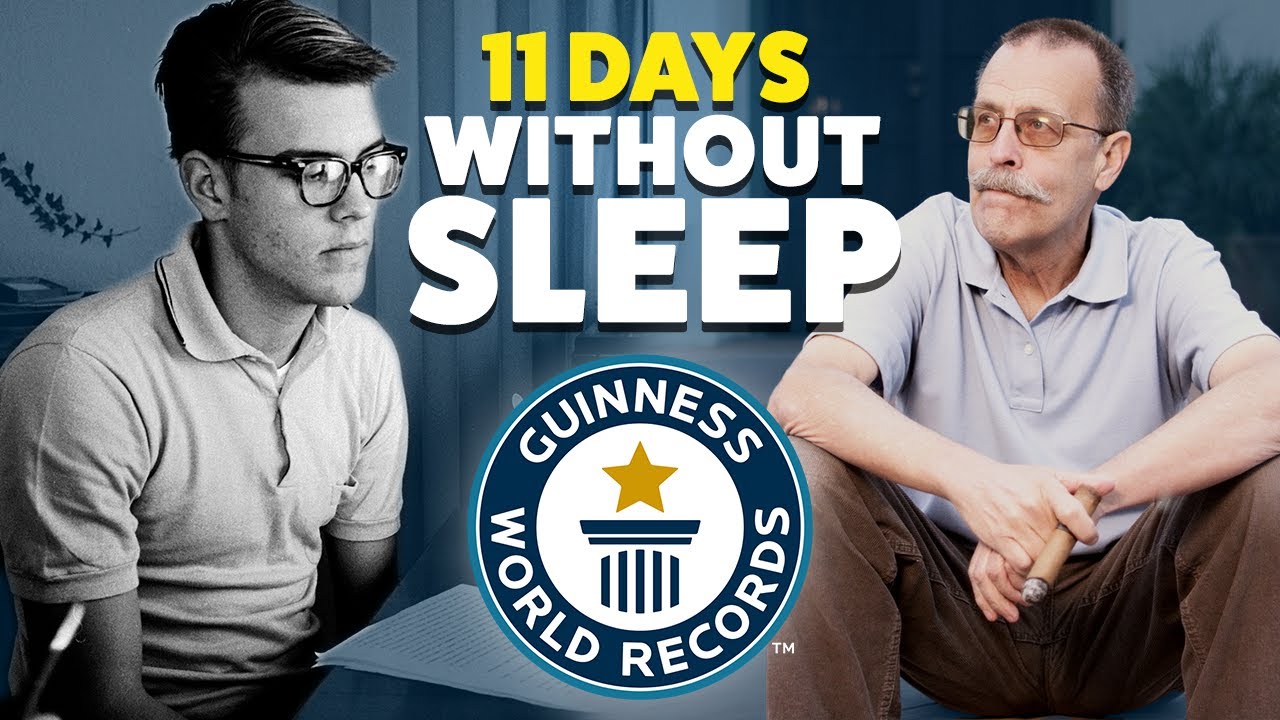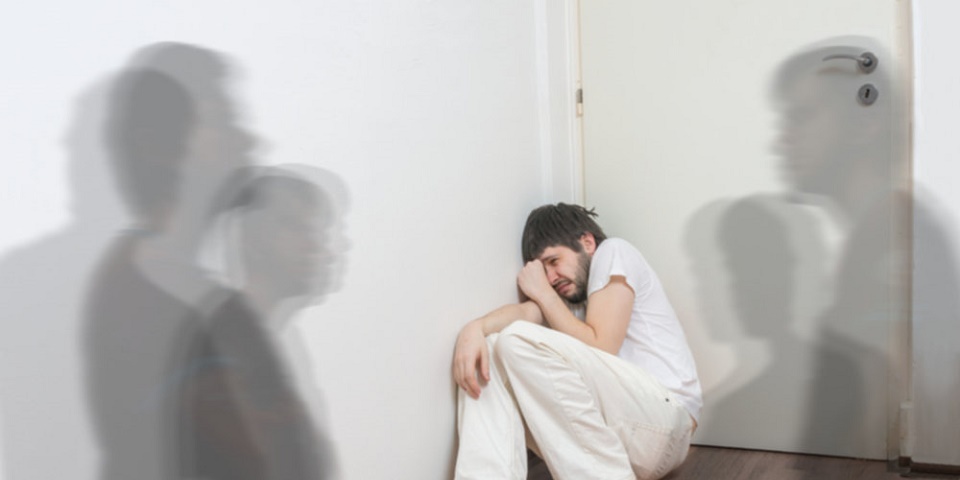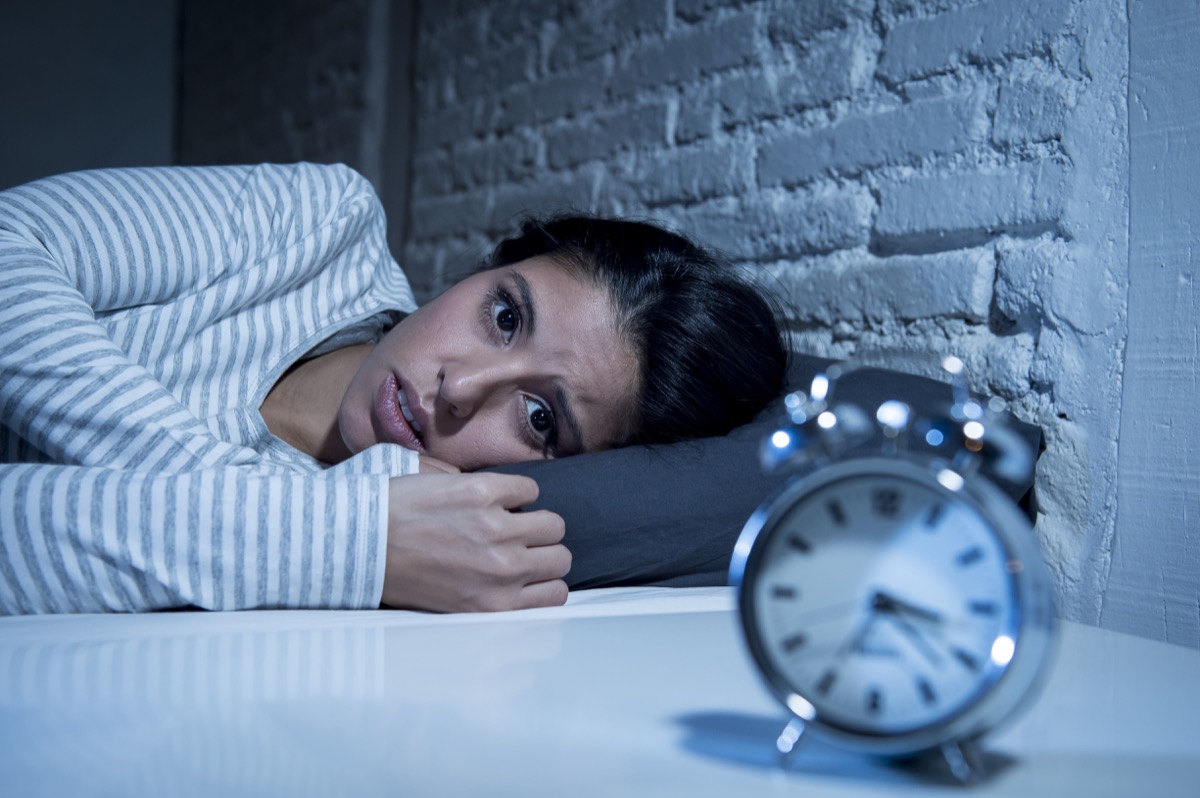Sleep is a stage or a period of rest. It is important for your daily routine. For performing all your duties for several hours of the day, you need to sleep at a particular time for a certain period of time. It is a periodic rest to your body. You need to get enough quality sleep at the right time.
What Happens When You Lack Sleep
Sleep deprivation means you are not getting enough rest or you haven’t had good quality sleep for a long time. Lack of rest drains your mental health and poses rest to physical health. Poor sleep can cause stress, poor health problems, and weight gain. When sleep deprivation runs over extreme length, it can be disruptive and interfere with regular activities such as walking and doing regular chores of the day. You may feel tired and exhausted at work. Sleep deprivation can lead to anger issues also.
How Long Can Babies Go Without Sleep?
If a baby doesn’t sleep for long hours, it is a concern for parents. Usually, a baby sleeps for 18 to 19 hours a day. They stay awake for 1 to 3 hours. At times they wake up for a couple of hours to feed. It’s been observed on an average basis that a child sleeps 13 months during the first two years of life. As this helps, the babies to develop and grow in a healthy way. So a baby can go without sleep for approximately 2-3 hours a day.
Sleep Deprivation in babies can cause big health issues. It impacts babies’ physical building. When a baby sleeps the body releases hormones that aid in growth, build muscles and repair cells and tissues.

How Long Can Preschoolers Go With Sleep Deprivation?
Preschoolers are the tiny tots of the age group 3 to 5 years. A preschooler can go without sleep for 6 to 6.5 hours at a stretch before their nap hours. Preschoolers who stop taking naps must go to bed earlier, which allows them to sleep at least 11.5 hours if they stay awake for a longer period of time. Lack of sleep causes an overly active mind which is not a good indication. Help your child to sleep early or create a bedroom environment that is soothing, calm, relaxed, and comfortable that helps in framing healthy sleep habits, stable schedule and bedtime routine.
Preschoolers need to sleep 11 to 14 hours a day including small naps. Sleep hours for preschoolers are different. Even some of them stop taking naps. Preschoolers who go long without sleep at night can face health problems such as weight gain, growth issues, decreased brain development, learning problems, and may fall sick very often. As the time passes by the sleep needs changes. It’s necessary to sleep for 11 to 14 hours to get sufficient rest. Sleep helps you wake up in the morning with great energy. You feel fresh and carry out your daily routine in a healthy way. Going for long hours without sleep may cause irritation and annoyance.
Know more on How Long Can You Live With A Collapsed Lung
How Long Teenage Group Can Go Without Rest
Teenage group children must sleep 8 to 10 hours each night. Children cannot go without sleep. They must sleep regularly at their fixed time. Insufficient sleep can cause health problems in children, including lack of concentration, short attention, lack of enthusiasm and clumsiness. Teenage children are the blossoming buds. They want to do what the adults do like staying awake for long hours, trying to sleep late, but this is not good practice and parents must strictly not allow them to do so.
What Do You Experience : According to Different Hours
1. After 24 Hours Of Sleep Loss
Lack of sleep is not a healthy sign. Are you wondering How Long Can You Go Without Sleep? Maybe 24 hours or more. But after that, well you may begin to face health issues experiencing 24 hours of sleep loss. The body functions smoothly when it gets proper rest. After working all day you need some hours of rest so that your body can restore energy and relax your body for the next schedule but after experiencing 24 hours of sleep deprivation, you may feel agitated, anxious and annoyed. Well, after 24 hours of not sleeping, your capacity to work declines. You’re not efficient and become more prone to errors. After going without sleep for 24 hours, you may not be able to drive clear perception. Your perception changes related to objects and shapes.
2. After 48 Hours Without Sleep
A person may face emotional, physical and mental health symptoms after experiencing 48 hours without sleep. You may feel depressed or imbalanced with presence of mind. You experience depersonalisation and derealisation symptoms. Lack of sleep for 48 continuous hours can cause memory loss, difficulty in framing thoughts and sentences. You may experience auditory disturbances as well. There are studies that suggest that after 48 hours without sleep hallucinations make people experience blurry or double vision that can cause distortions of reality and it can also lead to confusions. You may experience difficulties in understanding things from being real to imaginations.
Experiencing sleep deprivation for 2 days will cause depersonalization. It will make you feel that you are outside of your own body and mind. Loss of sleep can cause increased risk to medical conditions such as diabetes, heart disease and obesity. Without sleeping for 48 hours increases anxiety and foggy memory. You may lose your state of mind for a few hours

3. After 72 Hours of Sleep Loss
It’s not fine to go without sleeping for 72 hours as there are researchers that determined the side effects of sleep deprivation for 72 hours. Staying awake for a long period of time can cause chronic mental health problems. Very similar to acute psychosis or lowered feeling with the present world around you. A person going without sleep for the continuous 3 days may experience below listed side effects:
- You may begin to see unreal objects or fully formed images that are not in the real world. It is also called as complex visual hallucination
- Sleep loss is not good for emotional well-being. After 3 days of sleep loss, you may experience auditory hallucination. For example, you may think that you hear birds chirping or children giggling around you
- Delusion is a common side effect of sleep loss. You may think that you are not what you are. You may feel that your own people are against you.
Read more on How Long Do Shrooms Stay In Your System: Ultimate Guide
How Long Can A Person Go Without Sleep
You will be amazed to know that there is a record that states How Long Can You Go Without Sleep. Randy Gardner, a 17 year old boy made this record in 1963, out of his capacity the longest time he could go without sleep is 11 days 25 minutes.

There have been other records also by Finland’s Toimi Soini and the UK’s Maureen Weston and Tony Wright. They also claimed that they have crossed the time but there is no clear evidence as the Gardener’s case has the breaking records under close monitoring and verifications.
Gardner experienced various side effects while he was in the process of making a record for How Long Can You Go Without Sleep. He experienced sleep deprivation with its side effects that were well documented. He experienced irritability, behavioral change, he took longer time to make decisions than on usual days, cognitive rigidity was another side effect, in which individuals can only think about things in one fixed way. He went through serious issues such as loss of motivation, higher blood pressure, paranoia, memory issues, mood changes, visual problems, hallucinations and difficulties with speech.
Gardner’s record was observed by William Dement, who stated that Garber experienced the side effects of impairment of his cognitive and sensory abilities. He didn’t consume any stimulant drugs to keep himself awake, but did have people around him to distract him from falling asleep.
Gardener’s experiment was recorded to be 264 hours and 25 minutes. Isn’t it insane for any human to stay awake continuously for several days and long hours. Ater setting the record, he slept for 14 hours before he woke up to use the bathroom.
Setting up a record is a difficult thing and can be fatal to health. Long term effects are serious. In labs, rats were tested where they were deprived of sleep and they died within a month. People who suffer from rare hereditary disease like fatal familial insomnia (ffi), who lose the ability to sleep, can face death within three months.
If you force yourself to go without sleep for a long time, you may experience microsleeps as you are used to sleeping at the same time your body will make you fall asleep soon.
How Much Sleep Do I Need
Sleep is an important function of your body, as other body parts do their work. Same way, sleep performs its function to provide rest to your body. It is necessary that you sleep every day for a certain period of time, but have you ever wondered How Long Can You Go Without Sleep? Sleeping is a natural process, and you sleep every day at your fixed time. It is also necessary to learn how much sleep you need. Well, the answer is simple. You need 7 to 8 hours of sound sleep. It must be your regular routine every night. Sleep is not just a part of your daily routine. A good quality sleep improves your functioning ability. You feel relaxed and rested. Your brain is ready, and body is ready for another day’s schedule. If you’re not able to sleep enough or feel tired after waking up for a regular period of time, then you must consult your doctor to seek proper advice.

How Much Sleep Do Children Need?
Children are energy powerhouses; they work late and run around the whole day performing their activities, which includes a lot of physical activities. Their bodies consume a great amount of energy, which is why children must sleep more than adults. Their sleep durations are longer than grown people, so children must get quality sleep. It is good for their physical well-being. Children of different age groups have different sleep needs. Children who lack sleep can go through behavioral changes, problems with weight, impairment issues, mental health, and cognitive performance issues. Different age groups have different needs for sleep. Newborns need 12 to 16 hours of sleep a day, including their naps; toddlers can sleep between 11 to 14 hours a day, including naps. Preschoolers need to sleep 10 to 13 hours a day, including naps. Preschool-aged children sleep for 9 to 10 hours each night. Teenagers must have 8 to 10 hours of sleep each night.
What Are The Benefits Of Sleeping?
It is necessary that you get enough quality sleep, as proper rest and comfort benefit your body. Having a good, sound sleep improves mood and reduces stress levels. You feel active and work at full capacity. You can get along well with people around you and fall sick less often. You are clear with your thoughts and imagination. Proper rest allows you to be more productive, active, happy, and helps you make good decisions without making any errors. Your body feels healthy and stays at a healthy weight. Good sleep enhances memory and improves problem-solving skills.
You may not know that good quality sleep is bliss for your mental health. It prevents depression. People who stay awake for a long time or do not sleep at all can undergo depression. Sleep and mental health have an association of wellness. It has been the topic of research for a long time. A 2016 meta-analysis concluded that insomnia is significantly associated with an increased risk of depression. It has also been noted that lack of sleep may cause cognitive alterations that lead to risk. Sleep deprivation may impair emotional well-being and behavior stability, as well as alter neural well-being, which may lead to depression.
When your body has a strong immune system, it copes up with various illnesses and foreign antigens. Getting enough quality sleep helps the body to regenerate energy, repair tissues and cells, and allows it to recover. Deep sleep is necessary for strengthening the immune system.
Conclusion
Sleep is essential for mental and physical well being of your body. Healthy sleep also helps the body remain healthy and stave off diseases. Without enough sleep, the brain cannot function properly. This can impair your abilities, to stay happy, healthy, relaxed and calm you must have good quality sleep.

